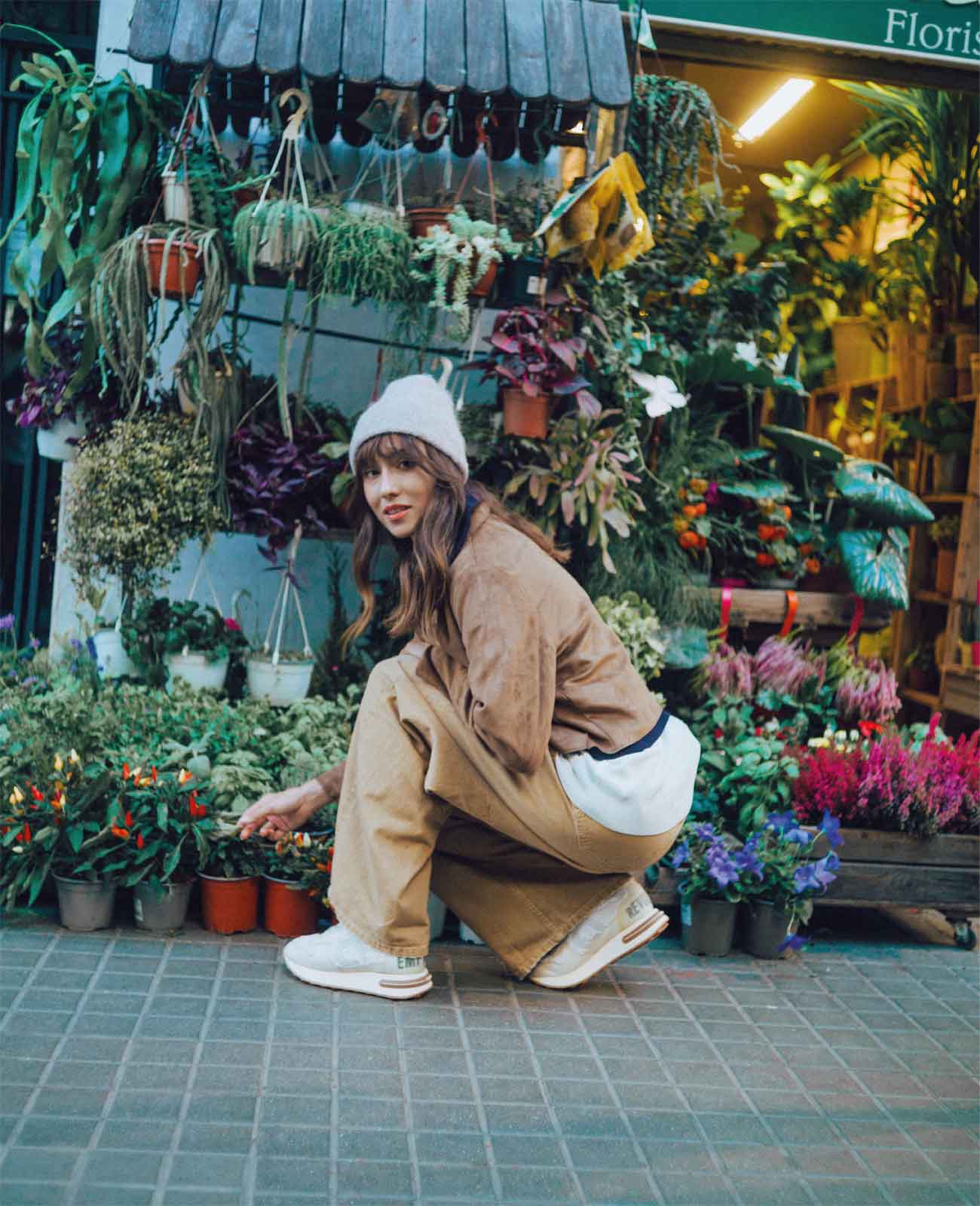A better way of doing it
At Duuo we know that there is a better way of doing things and that the wellbeing of people and the planet depend on it. We also recognise that, many times, wanting to do things better also implies a greater sacrifice. At Duuo we undertake this sacrifice, looking for ways to reduce our negative impact and proposing solutions to increase the positive impact.
MATERIALS
Our definition of "best materials"
We refer to 'best materials' as all those that are not of animal origin and do not involve any type of animal abuse, also known as: vegan products. They must come from a process of recycling green materials, which allows them to extend their life cycle, and which, moreover, involve more responsible practices in obtaining the material than those that are used more regularly. Finally, the end of their life cycle must not imply any risk to the planet.
Recycled (GRS)
The GRS certifies that the material used has all the guarantees of recycling (during the intermediate processes and in the result) and verifies social, environmental and chemical responsibility practices during its production.
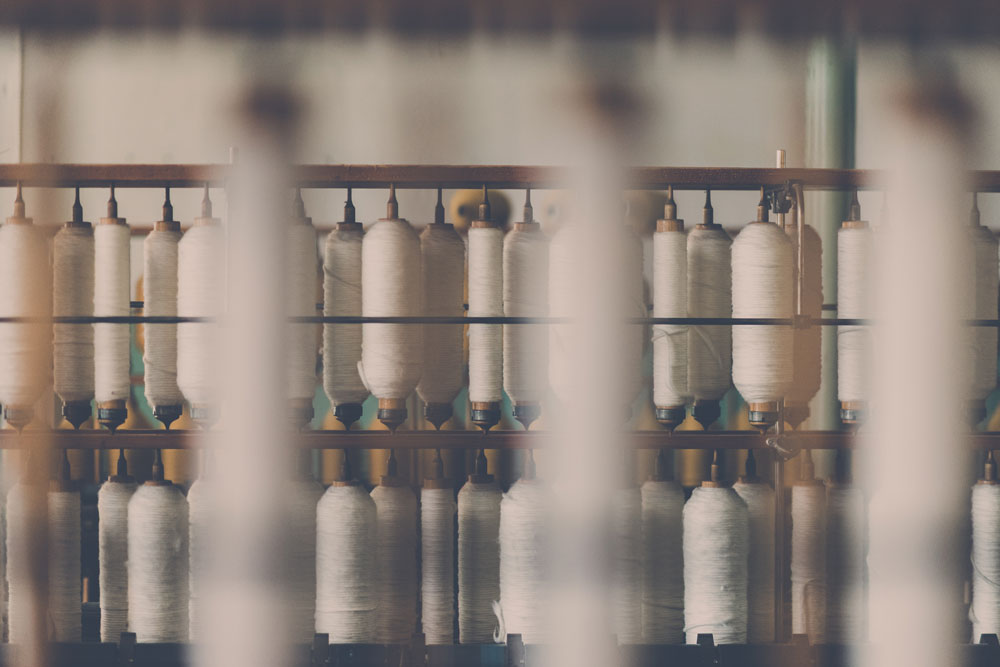
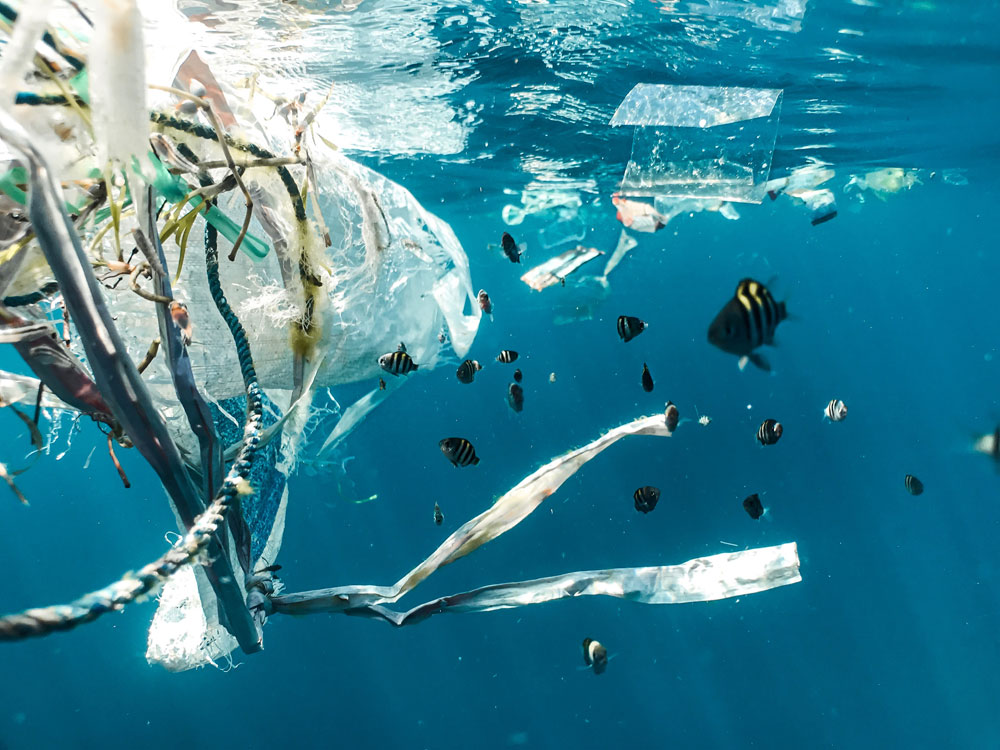
Seaqual yarn
This material is the result of recycling post-consumer PET plastic (90%) and plastic found in marine ecosystems (10%). It is a material that contributes to the conservation of ecosystems and the circular economy.
GOTS
The organic cottons that receive the GOTS certification guarantee that the production processes comply with organic standards, labour dignity for the workers and the absence of toxic elements.
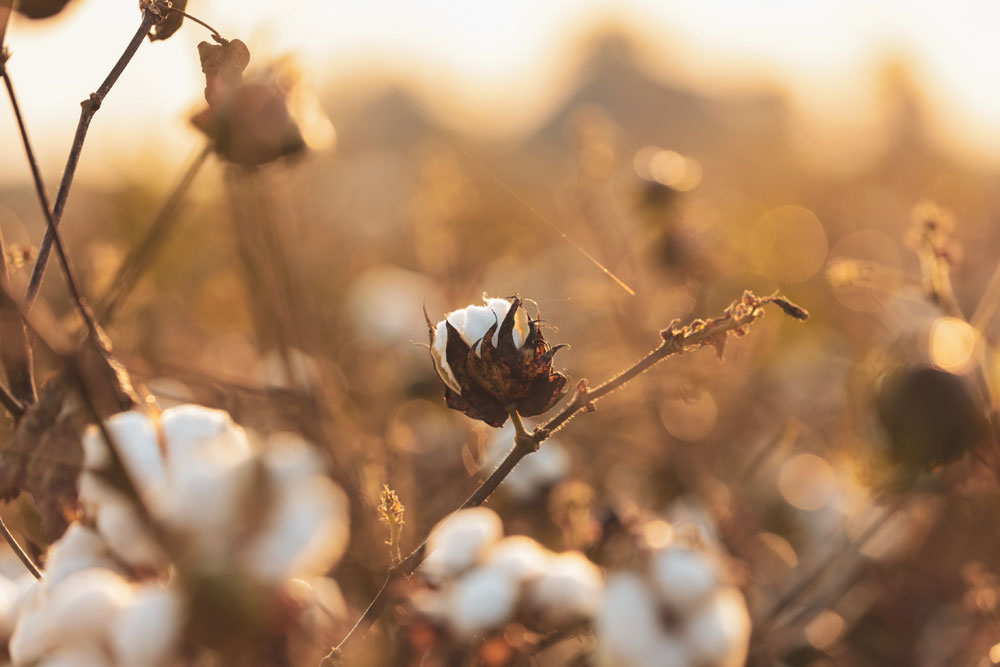
PROCESSES
Our definition of "best processes"
We consider 'best processes' to be all those that minimise the negative impact on the environment and people. Looking for viable and lasting solutions to create quality products.
BCOME - Impact measurement and transparency
Our partnership with BCOME
BCome is a platform that allows us to trace, measure and evaluate the various dimensions on which our products impact, from an environmental, social and circular perspective. This gives us the possibility to evaluate the entire value chain and enables us to accurately and transparently disclose the results we obtain, in order to optimise the life cycle of each of our products and to be able to make an increasingly sustainable business practice a reality.
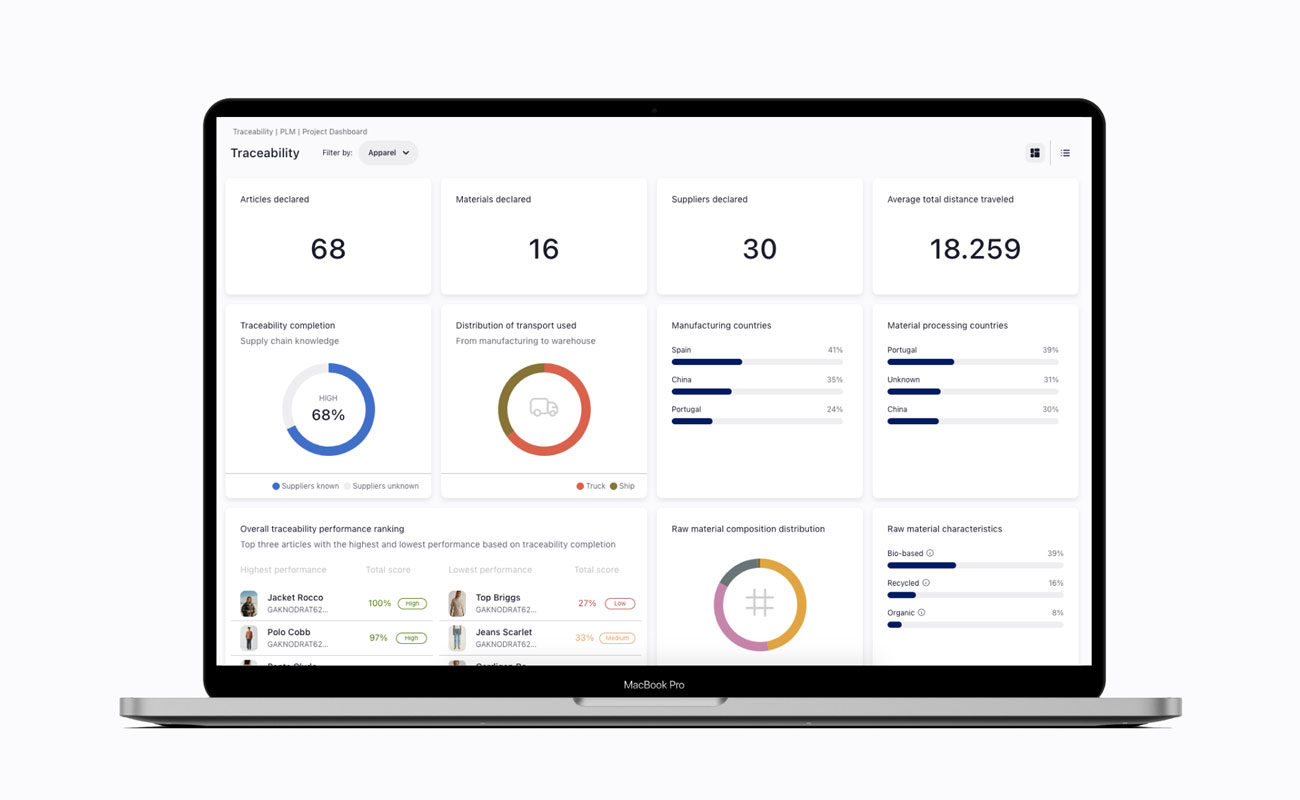
With Bcome's From Cradle to Gate Life Cycle Analysis methodology, we have had the opportunity to calculate the environmental impacts of our trainers. The analysis takes into account all the processes that occur from the extraction of raw materials to the delivery of the finished product. We consider it extremely important to analyse the product from such an early stage, because with the extraction or transformation of a material, we are already having an impact on the environment.
Bcome's methodology consists of four blocks:
1. Validation of product traceability at each stage of the value chain.
2. Measurement of environmental aspects and potential impacts associated with each item through 4 indicators: water scarcity, global warming, eutrophication and abiotic depletion.
3. Eco-Score evaluation of a product in four impact areas: planet, people, transparency and circularity.
4. Digitisation and interpretation of data to connect the physical item to a digital experience.
1. Validation of product traceability at each stage of the value chain.
2. Measurement of environmental aspects and potential impacts associated with each item through 4 indicators: water scarcity, global warming, eutrophication and abiotic depletion.
3. Eco-Score evaluation of a product in four impact areas: planet, people, transparency and circularity.
4. Digitisation and interpretation of data to connect the physical item to a digital experience.
Behind every product there is a whole universe of development and processes with environmental, social, economic and ethical implications. BCome advocates honest value chains and takes a multidisciplinary approach to sustainability to integrate knowledge and technology to drive the fashion industry towards transparency and responsible production.


